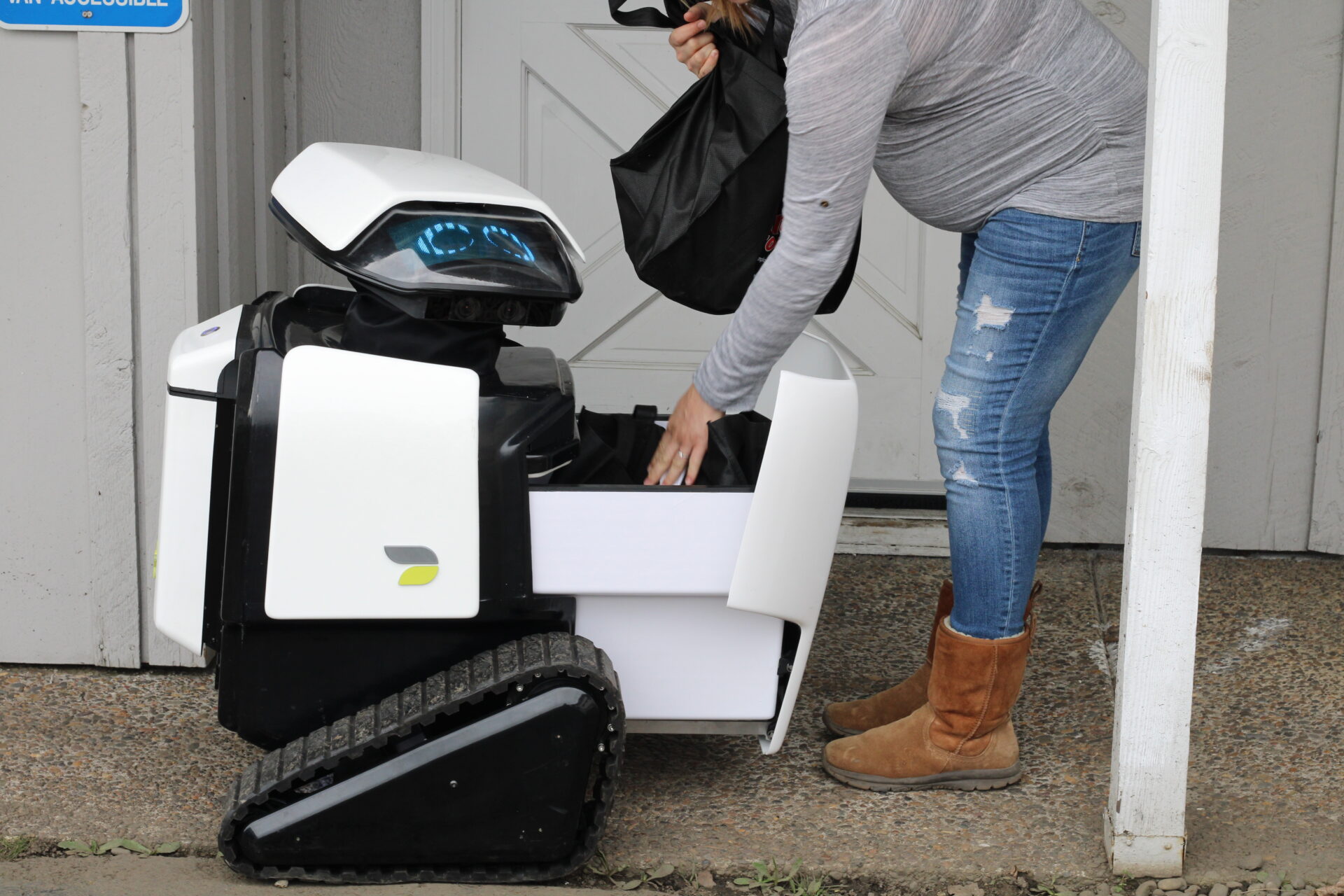The City of Irvine is conducting a self-evaluation of public facilities in August to assess if the city is in compliance with the Americans with Disabilities Act (ADA). The project involves the use of robots that will collect data on the accessibility of the city’s streets.
The robots will help Irvine complete its Self-Evaluation and Transition Plan, a mandatory review of a public entity’s services, programs and activities.
“The City of Irvine is committed to ensuring that public facilities are accessible for everyone and has completed and updated the Self-Evaluation and Transition Plan several times in the past,” wrote Vu Tran, the principal civil engineer of Irvine’s Public Works and Sustainability Department, in an email to New University. “This latest assessment will provide an update to the City’s Self-Evaluation and Transition Plan and document the current inventory of public infrastructures.”
Irvine is working with Daxbot, an Oregon-based company that creates sidewalk assessment and security urban service robots.
Tran told New University that the city began releasing requests for proposals in late 2024, which asked for consulting firms to help with the city’s self-evaluation. After reviewing six proposals, Bureau Veritas was chosen, and Daxbot was brought in.
Daxbot was founded in 2015 with the goal of enhancing communities by using robot models that are easily adapted to human environments. Every Dax robot has two eyes, a neck that can tilt and turn, and moves using two tires capable of traversing through uneven terrain.
Due to the design, the robot will be able to experience the potential challenges wheelchair users face when they are using the sidewalk.
Irvine will be utilizing the sidewalk assessment model equipped with laser, inclinometer technology and photogrammetry — which allows three-dimensional structures to be approximated from photographs — to determine if public facilities are ADA compliant. These robots can assess sidewalk conditions like the presence of cracks, pedestrian signs and street inclination.
Using the data collected, a Dax compliance score will be created based on how closely it complies with Public Right-of-Way Accessibility Guidelines.
Title II of the ADA prohibits state and local governments from discriminating against persons with disabilities. Title II also outlines standards for accessible design. For example, a sidewalk must meet certain requirements involving width, texture, slope and include a curb ramp to be deemed ADA compliant.
According to Irvine’s city website, the data collected from the robots will be used for future improvements and to ensure all of Irvine’s public facilities remain safe and accessible for all residents.
“Once the Self-Evaluation and Transition Plan assessments are completed, staff will evaluate the report and recommendations along with proposed strategies and priorities,” Tran wrote. “An implementation plan will be developed to incorporate the proposed recommendations into future maintenance and capital improvement projects, and the plan will be presented to the City Council for approval through the City’s Capital Improvement Program establishment process.”
The robots have not yet been deployed, but they will begin in the southern section of Irvine in August before moving northward. The robots will traverse 950 miles of sidewalk and over 9,000 curb ramps. Tran says the assessment will take approximately 6 months to complete and cost the city around $920,000.
The robots will be active Monday through Friday, and will be closely monitored remotely and in person by field technicians.
The city requests that the public not interact with the robots in order to allow them to complete their job effectively and safely.
Alejandra Rodriguez Zepeda is a News Intern for the summer 2025 quarter. She can be reached at alejar16@uci.edu.
Edited by Joshua Gonzales

